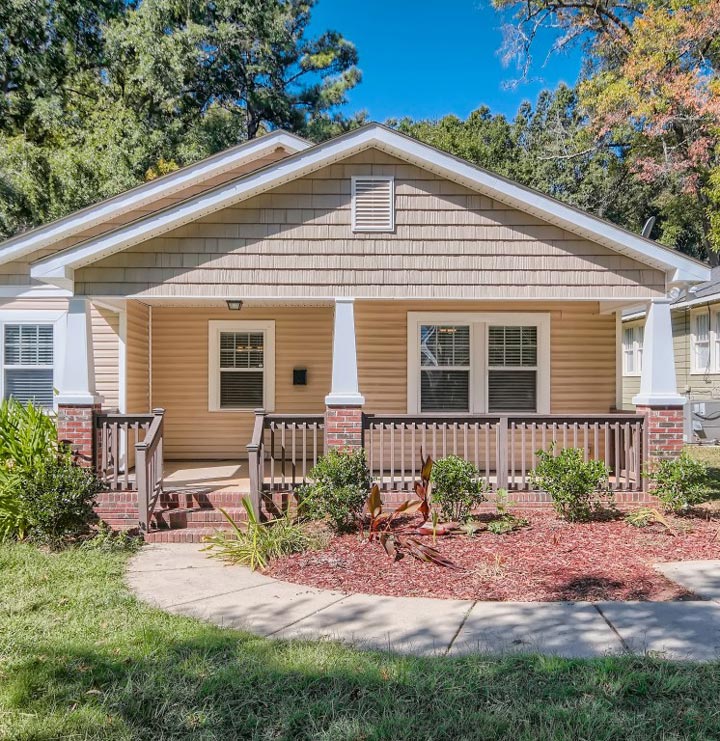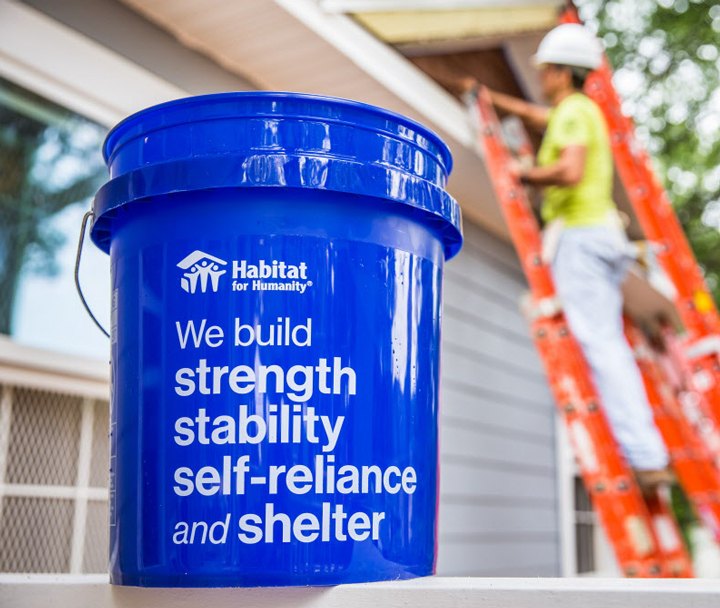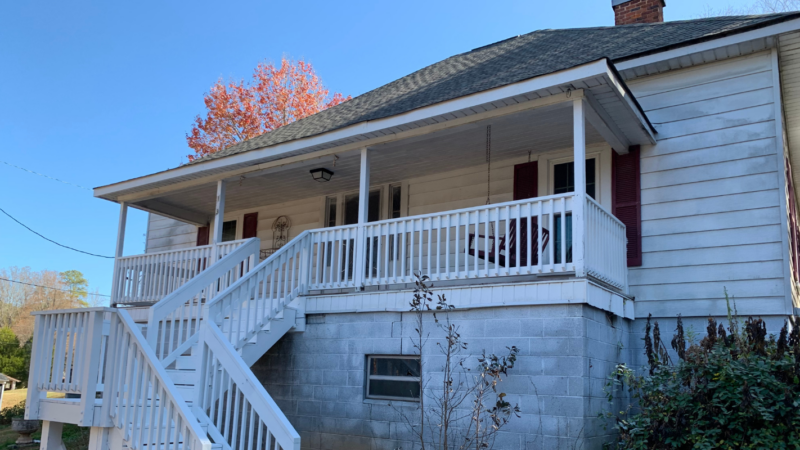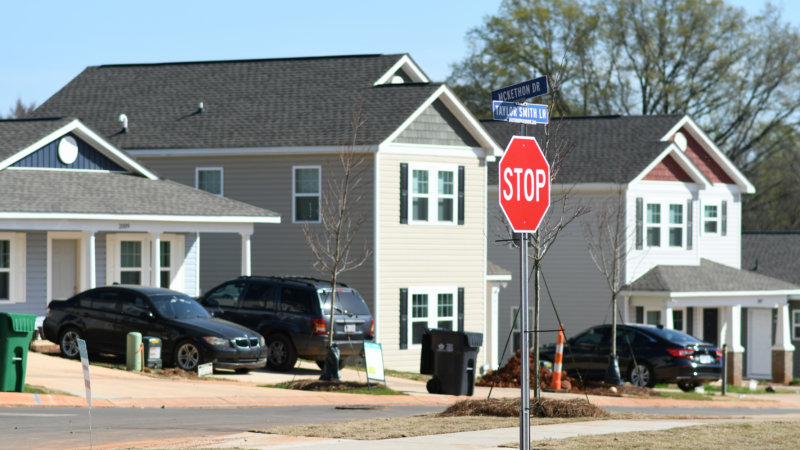March 27, 2024 | Alexa Johnson
What Is Affordable Housing?
Affordable housing is generally defined as housing where the owner or occupant isn’t paying more than 30% of their gross income for housing costs. This includes your mortgage or rent as well as utilities, such as electricity, water, gas, internet, sewer, trash collection, and more. For example, if your gross income is $60,000, then affordable housing in your situation would mean spending no more than $18,000 per year (or $1,500 per month) on housing costs.
Housing affordability depends on several factors, including mortgage rates, rental prices, and local availability, among other aspects. The cost of most housing in the U.S. is determined by rental companies, banks, real estate appraisers, and more. These are all businesses whose main aim is to make money. Because of this, they often don’t care about whether housing is actually affordable to residents, as long as they make a profit.
As prices rise and supply dips, housing is becoming less affordable for an increasing number of Americans. Often, residents around the country end up spending the majority of their monthly income on housing costs, leaving them little to cover other essential things in their lives like food, transportation, medical care, and more. This especially impacts individuals with low and moderate income, as they cannot afford to pay more for their housing. That’s where affordable housing initiatives come in.
Cities, municipalities, and even certain organizations help to provide affordable housing for residents in their communities through affordable housing programs and other endeavors. These efforts involve building new single- and multifamily housing units, as well as renovating existing ones in order to provide safe, quality, and affordable housing for members in the community who may not otherwise be able to afford it.






